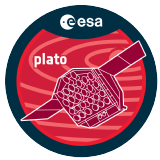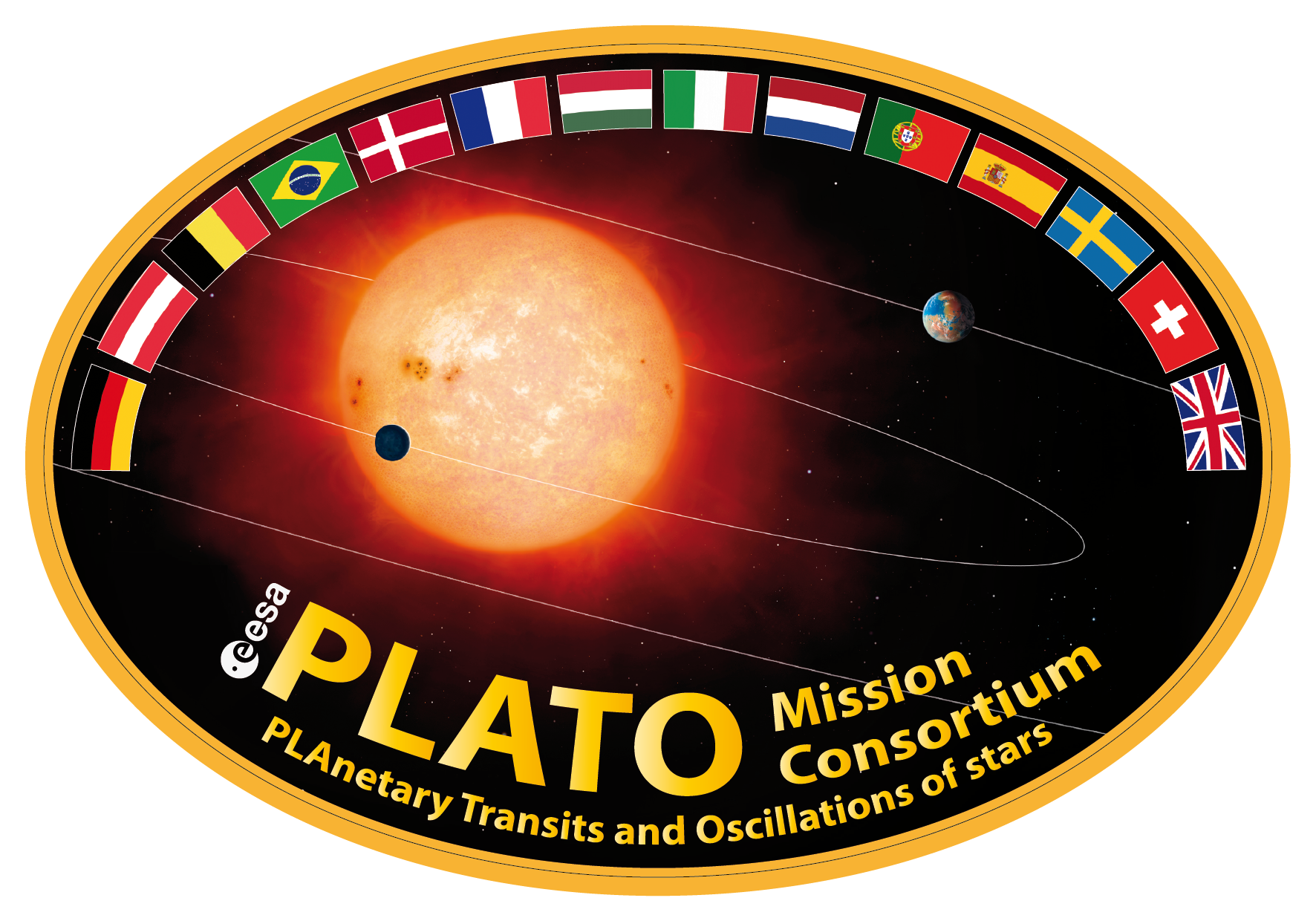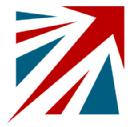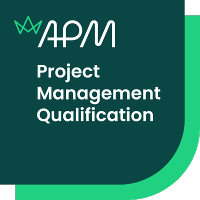David Brown
I am a Senior Research Fellow working in the field of exoplanets. My pronouns are he/him/his.
I gained my PhD in 2013 from the University of St Andrews, and before that studied Physics at the University of Warwick, graduating in 2009. After working as a postdoc at Queen's University Belfast, I joined the Astronomy group in March 2015.
I am a qualified project manager, and lead the PLATO Science Management (PSM)Link opens in a new window Office where I work with Dr Lauren DoyleLink opens in a new window. Our work for the PSM Office is funded by the UK Space Agency.
I am currently working with PhD student Ben DaviesLink opens in a new window on circumbinary planets from space missions and MSc student Charlotte Bailey on transit timing variations of hot Jupiter exoplanets. My previous students include Azib NorazmanLink opens in a new window, whose PhD thesis was on searching for exocomets using machine learning.
I am currently offering a PhD position to study transiting brown dwarfsLink opens in a new window, starting in October 2026.
I'm a member of the Astronomy EquiteaLink opens in a new window committee.
PLATO

PLATO (PLAnetary Transits and Oscillations of stars)Link opens in a new window is the European Space Agency's M3 mission to search for extra-solar planets, or exoplanets. It is designed to find planets the size of Earth, around stars like the Sun, on orbits roughly similar to the Earth's. It will also find thousands of other planets, and characterise their radii, masses, and ages.
PLATO uses the transit method to find planets. The satellite will have 26 small telescopes, which will stare at a large area of the night sky, looking for the regular dimming of stars that is caused by an exoplanet passing in front of them. PLATO also has a strong asteroseismology aspect to it. The mission will investigate the structure of thousands of stars by examining how they vibrate.
As leader of the PSM Office, I work closely with Prof. Don PollaccoLink opens in a new window (the PSM Coordinator) and Dr Lauren DoyleLink opens in a new window to manage the PLATO-related work of hundreds of scientists from across Europe, and to prepare for the launch of PLATO in early 2027. Since starting this position in 2015 I have assisted with many major ESA reviews, coordinated budget preparation and applications, and carried out efficiency and performance studies, amongst other duties.
Research
Exoplanet science
I'm interested in all aspects of exoplanetary science. My PhD was focused on the interactions between hot Jupiter planets and their host stars, particularly through gravitational tides. These can have a significant effect on the evolution of a planetary system, both from the star and the hot Jupiter's points of view. Past projects include:
- Tidal spin-up of host stars and the link to tide-driven orbital decay of hot Jupiters
- Tidal realignment of planetary orbits through measurement of the spin-orbit alignment angle using the Rossiter-McLaughlin effect
- The accuracy of different stellar age estimation methods for exoplanet hosts
- The presence of circumbinary planets in CoRot, Kepler, and K2 data
- The existence, or otherwise, of additional, outer bodies in hot Jupiter systems that might have caused misalignment
- Follow-up of SuperWasp planetary candidates (photometry and radial velocities)
I was a member of the WASP consortium from the start of my PhD until the project ended in 2018, acting as coordinator of the Northern hemisphere follow-up campaign for final couple of years. I have also been part of two large programmes to follow-up K2 and TESS planetary candidates, and have collaborated with the NGTSLink opens in a new window consortium on occasion.
Artificial satellites
In recent years I have become interested in the study of artificial satellites in Earth orbit. At Warwick we have set up a rapidly growing astrodynamics group that studies the satellite and debris populations in both LEO and GEO. My interest in this area focuses on the burgeoning field of satellite megaconstellations such as StarlinkLink opens in a new window, in particular their effects on the night sky and on observations performed by both amateur and professional astronomers.
I am part of the Royal Astronomical Society's Megaconstellations Working Group, where I am working with other researchers to engage with the companies producing megaconstellations about their effect on astronomy.
Habitability
I am director of the Centre for Exoplanets and HabitabilityLink opens in a new window, a cross-disciplinary research centre here at Warwick that examines the topic of "habitability" in as many ways as possible. The CEH draws upon expertise from departments across the university, and involves researchers from both the sciences and the arts.
Digital Telescope
I help to project manage the Digital TelescopeLink opens in a new window project.
Teaching
IL907: Habitability in the Universe
I am the module convener for the IATL postgraduate module IL907, "Habitability in the Universe"Link opens in a new window. This module draws together concepts of habitability from different research fields across the university, exploring both the realities of habitability and our own reactions to it.
Tutorials
I am personal tutor for the Physics department, providing academic and pastoral support to small (4-5 students) groups of undergraduates.
Final-year projects
I supervise final-year research projects for undergraduate students studying in the Physics department here at Warwick. Each year I supervise one pair of of students, alternating between MPhys students and BSc students.
In the 2025/26 academic year I am supervising an MPhys pair who are searching for the signatures of free-floating planets in TESS light curves (inspired by this 2024 paperLink opens in a new window).
Publications
A full list of my publications can be found hereLink opens in a new window, courtesy of ADS.
Selected Publications
PDF copies of my PhD thesis are available on request should you wish to read it. All science chapters in my thesis are also available as refereed journal articles (listed above).
Useful material
A copy of my CV can be downloaded hereLink opens in a new window.
Copies of the conference talks (as well as some outreach talks) that I have given are available on request. You will need a pdf viewer to open them.
Other activities
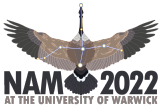
I chaired the Local Organising Committee for the UK National Astronomy Meeting 2022Link opens in a new window.
Outreach
As well as research activities, I am very interested in public engagement and scientific outreach activities. I'm happy to talk to anyone about my research, or about what it's like working in astronomy; please feel free to get in touch if you'd like me to visit your group/society/meeting.
I have several pre-prepared talks, all of which can be adjusted to suit different time slots:
- "A Brief History of Exoplanets" - an overview of major exoplanet discovery techniques and results; suitable for astronomy societies and older school groups.
- "Falling Planets" - a more technical talk about tidal interactions; suitable for astronomy societies.
- "Exoplanet Hunting: the life of a professional astronomer" - an overview of my inspirations and career path, with the basics of exoplanet discovery; suitable for schools and youth groups.
- "Is there life out there? Exploring the Solar system (and beyond)" -
- "A history of human spaceflight" -
- "Scaling the universe: Astronomy from the big to the small" -
- "The PLATO mission" -
I have a workshop on exoplanet detection using the radial velocity and transit light curve techniques, "Winks and Wobbles"Link opens in a new window. This workshop was originally designed for year 9 students, but can easily be adapted for year 7 upwards.
I am a member of the Warwick Planetarium team
Media work
I have made numerous media appearances on both television and radio, including Sky News, Channel 5, BBC Radio 4's "Today" programme, and the BBC World Service. I have covered a range of subjects related to astronomy and the space sector, but have primarily focused on spaceflight news. You can find some of my interviews on YouTube.
In 2024 I was interviewed about the PLATO mission by the YouTube channel of Fraser CainLink opens in a new window, the publisher of Universe Today.
In 2023 I combined work and hobby as the interview subject for a short series of videos linking Solar system astronomy with Gustav Holst's 'The Planets' Suite. These can be found on the YouTube channel of Leamington SinfoniaLink opens in a new window.
In 2017, while observing on HARPS at ESO's La Silla observatory, I was interviewed about my work for a short documentary: Looking Out ThereLink opens in a new window (link to Vimeo)
You can view a full list of my previous media engagements hereLink opens in a new window. Please direct all media requests to the University of Warwick Press Office.
Leisure
I am a musician at heart, and in my spare time I rehearse and perform with both the Leamington SinfoniaLink opens in a new window and the Beauchamp SinfoniettaLink opens in a new window as part of their woodwind sections.
Beyond that, I enjoy both indoor and outdoor pursuits. During the winter I love to ski around the slopes of the Portes du SoleilLink opens in a new window in the Alps, while between spring and autumn I can regularly be found at Banbury Sailing ClubLink opens in a new window, either on the water in my dinghy or helping to run club events. I also enjoy board games and other tabletop games, like to lose myself in a book, and follow a variety of different motorsport series and events from Formula 1 to the Le Mans 24hrs.
I was a member of the RLSSLink opens in a new window for over ten years, and have previously been qualified as a lifesaving instructor and first aider.
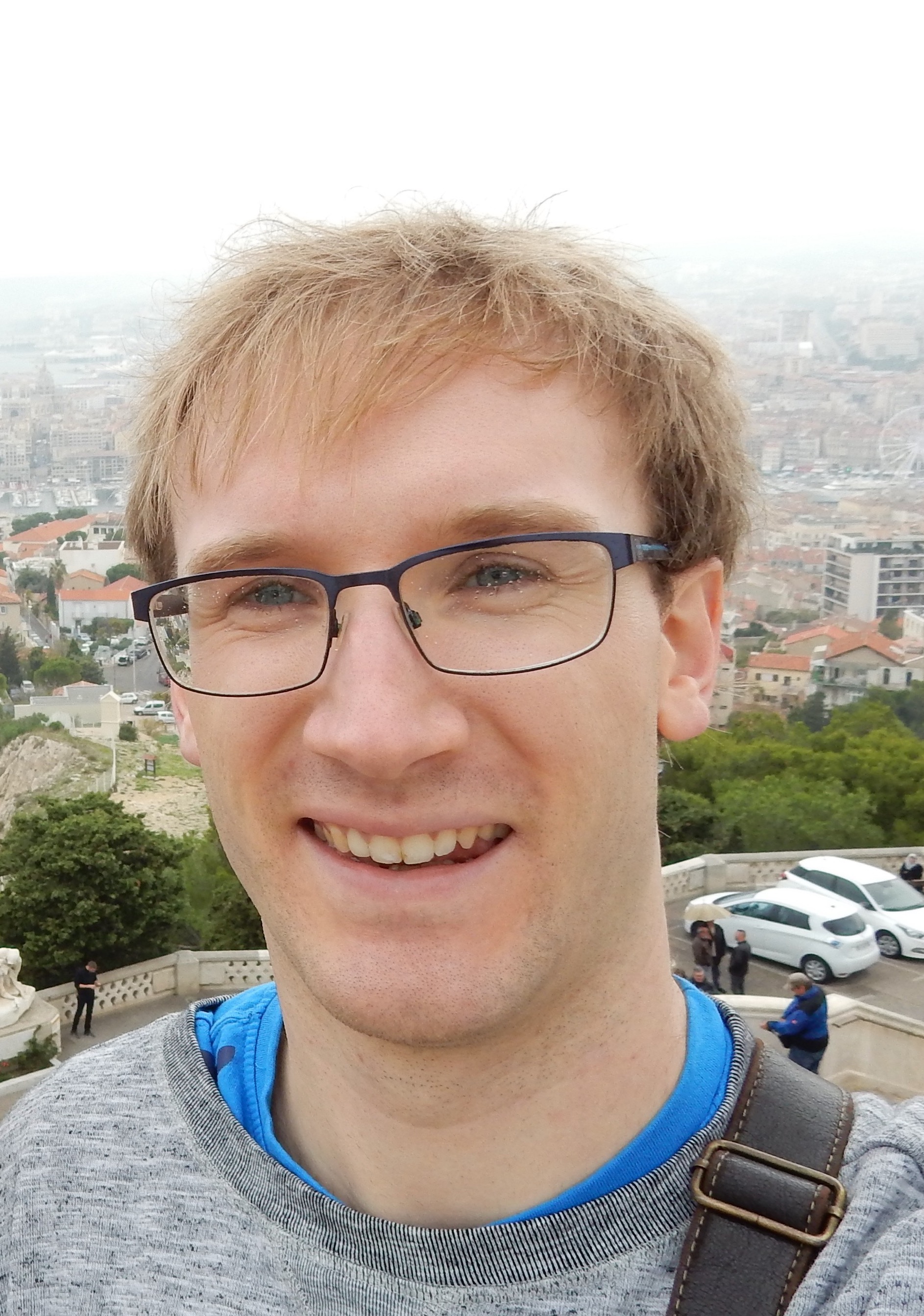
Contact details
Dr. David Brown
Department of Physics
University of Warwick
Coventry
CV4 7AL
Office: Millburn House F42
Tel: (+44) (0)24765 73869
E-Mail:
d.j.a.brown (at) warwick.ac.uk
psmoffice (at) warwick.ac.uk
Pronouns: he/him/his
CV: Download hereLink opens in a new window
Publications: A list of my publications can be found via ADS at this URLLink opens in a new window.
Outreach: Winks and Wobbles workshopLink opens in a new window
ED&I: Astronomy EquiteaLink opens in a new window
Profiles:
- LinkedInLink opens in a new window
- OrcIDLink opens in a new window
